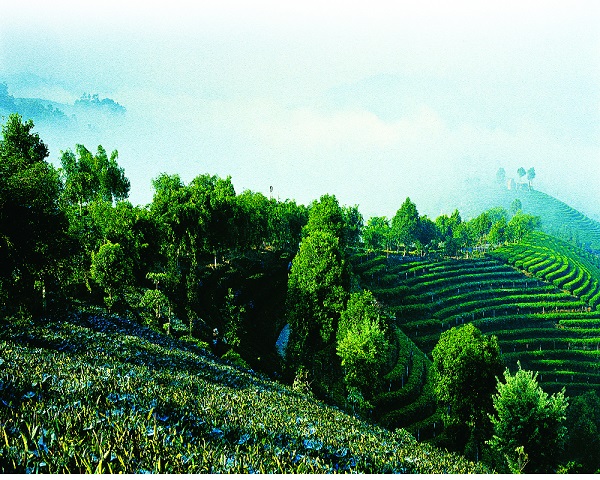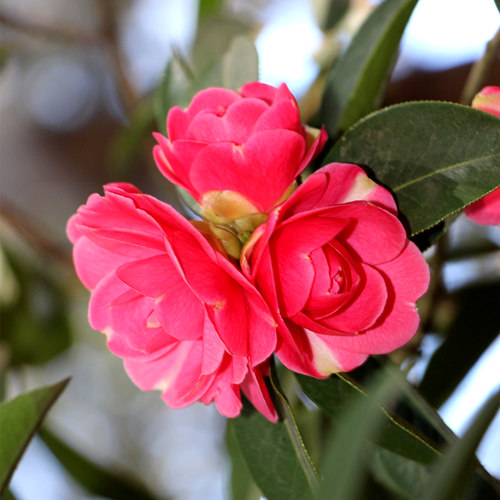
Detailed Introduction to Huaping County of Lijiang
Huaping County (华坪县) is located in the southern part of Lijiang City, Yunnan Province, China. Known for its lush landscapes, ethnic diversity, and historical significance, Huaping offers a unique blend of natural beauty, rich agricultural resources, and cultural heritage. The county is gaining recognition for its eco-tourism, agricultural products, and sustainable development, making it an attractive destination for travelers and investors alike.
Geographical Location and Climate
Location:
Huaping County spans an area of approximately 2,100 square kilometers. It is situated in the southern foothills of the Jade Dragon Snow Mountain range and borders Lijiang Old Town to the north. The county lies near Shigu Town and is well-connected to other parts of Lijiang and Yunnan through an expanding transportation network.
Terrain and Environment:
The county is primarily mountainous, with rolling hills, valleys, and river systems creating a varied and picturesque landscape.
Rivers: Huaping is intersected by several important rivers, including the Yangtze River system, which contributes to the county's fertile agricultural land.
Biodiversity: Huaping’s forests and waters are home to diverse flora and fauna, attracting eco-tourism enthusiasts.
Climate:
Huaping experiences a mild subtropical climate with distinct wet and dry seasons. Average annual temperatures hover around 15°C. The summer months (from May to October) are warm and rainy, while the winter months (from November to April) are cooler but still mild. The region's temperate climate and abundant rainfall support agriculture and lush vegetation.
Historical Background
Huaping County has a long history of settlement and cultural significance. Over the centuries, it has been influenced by various cultures due to its geographical location at the intersection of trade routes and ethnic communities.
Ancient Trade Routes: Huaping has been historically important as part of the ancient Tea Horse Road, which was an essential trade route for tea, horses, and goods moving between China and Southeast Asia.
Ethnic Heritage: The county has long been a center of cultural diversity, with Yi, Naxi, Dai, and Han ethnic groups contributing to the rich cultural and linguistic landscape.
Modern Development: In modern times, Huaping has witnessed significant infrastructural growth, agricultural development, and an increase in eco-tourism, while retaining much of its traditional charm.
Economic Overview
The economy of Huaping County is based on agriculture, eco-tourism, forestry, and small industries. The county's abundant natural resources, fertile land, and ethnic diversity provide a solid foundation for its economic growth.
1. Agriculture
Agriculture is a dominant sector in Huaping's economy, thanks to the fertile soils and favorable climate. Key products include:
Tea: Huaping is part of the Pu'er tea production area, producing a variety of high-quality tea known for its deep flavor and aroma. Tea plantations are a major agricultural feature of the county.
Fruits and Vegetables: The county is known for its production of citrus fruits, apples, pears, potatoes, and tomatoes, which are widely grown in the fertile valleys.
Medicinal Plants: Traditional Chinese medicine (TCM) herbs and other medicinal plants are also cultivated, contributing to both local consumption and trade.
2. Forestry and Eco-Tourism
The county is rich in forests, which are important both for the timber industry and for eco-tourism. The forests surrounding the Jade Dragon Snow Mountain are home to diverse wildlife and plant species, making the area attractive for nature enthusiasts. Some key features of the forestry and eco-tourism industries include:
Nature Reserves: Huaping is home to several nature reserves that protect rare species and pristine environments. The region is a popular destination for birdwatching, hiking, and wildlife observation.
Ecotourism: The county’s natural beauty, combined with its ethnic culture, has helped fuel eco-tourism, with visitors coming to experience its pristine landscapes, traditional villages, and outdoor activities.
3. Small Industries
In addition to agriculture and tourism, Huaping has seen the development of light industries such as food processing, crafts, and handicrafts. The production of wood products, traditional textiles, and local pottery has also contributed to the local economy.
Ethnic and Cultural Heritage
Huaping is a region of ethnic diversity, with several ethnic groups contributing to its vibrant culture. The Yi, Naxi, Dai, Lisu, and Han peoples call the county home, each bringing their own customs, festivals, and traditions.
1. Yi Culture
The Yi people are known for their rich cultural heritage, which includes traditional music, danc



